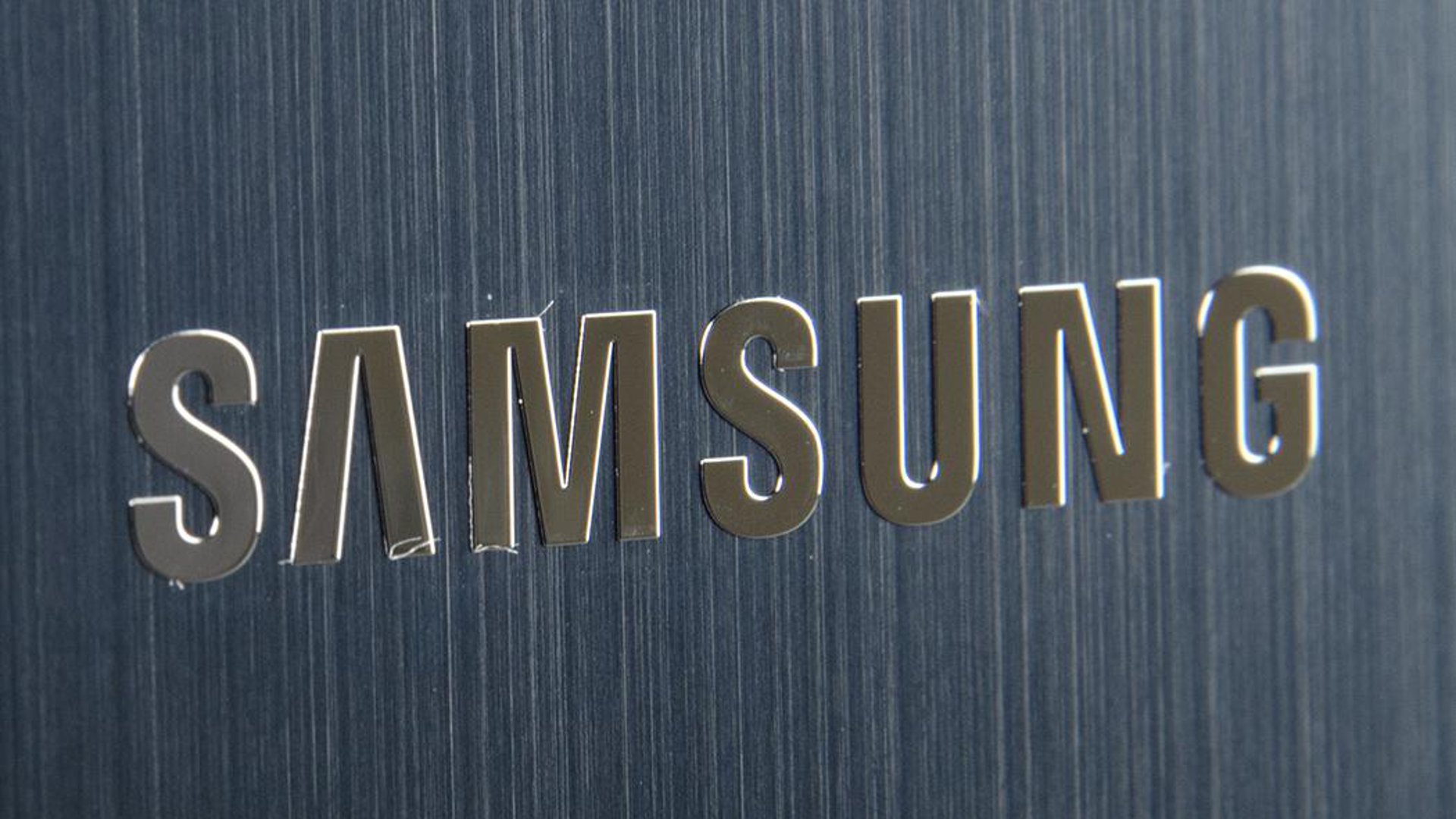Samsung is well known as one of the slowest OEM in pushing out updates for their smartphones. Now, Netherlands biggest consumer protection agency, The Dutch Consumentenbond has just filed a lawsuit against the Samsung over its poor software update policy. The agency, claims that Samsung’s approach to software updates for their smartphones as unfair trade practice, which leaves consumers vulnerable to security exploits and hacking attempts.
The focus of the lawsuit is more about the regular updates needed to fix a critical security or performance bug rather than getting the latest and greatest Android version and attached features.
This issue is due to Samsung’s reluctance to provide security updates even to its latest smartphones, except may be for their latest flagship models. It is to be noted that Google actually releases monthly security bulletins and has committed to updating its Nexus devices on a similar rhythm.
According to the agency, it had to take this step, as prior discussion with Samsung has not changed anything regarding this issue and it believes a lawsuit is the only way to move forward.
The Consumentenbond claims that the Korean OEM is guilty of unfair trade practices, citing that it has failed to mention in explicit terms for how long customers should expect to wait before receiving software updates. In their lawsuit, the agency is demanding two things from Samsung. The first is clear and unambiguous information about how long a device will be supported. The second, amusingly, is that they want the company to “actually provide its smartphones with updates.”
In addition, the Consumentenbond says that other OEMs are also guilty for not providing updates to their devices, but it considers Samsung is the worst and biggest offender.
So far, Samsung has not made any comment regarding this lawsuit and it will be interesting to see how Samsung responds to its it. In addition, if Samsung was forced to release update to their smartphones irrespective of their price range, it will not only force other manufacturers to follow suit, but also protects smartphone users from ever growing security exploits.
